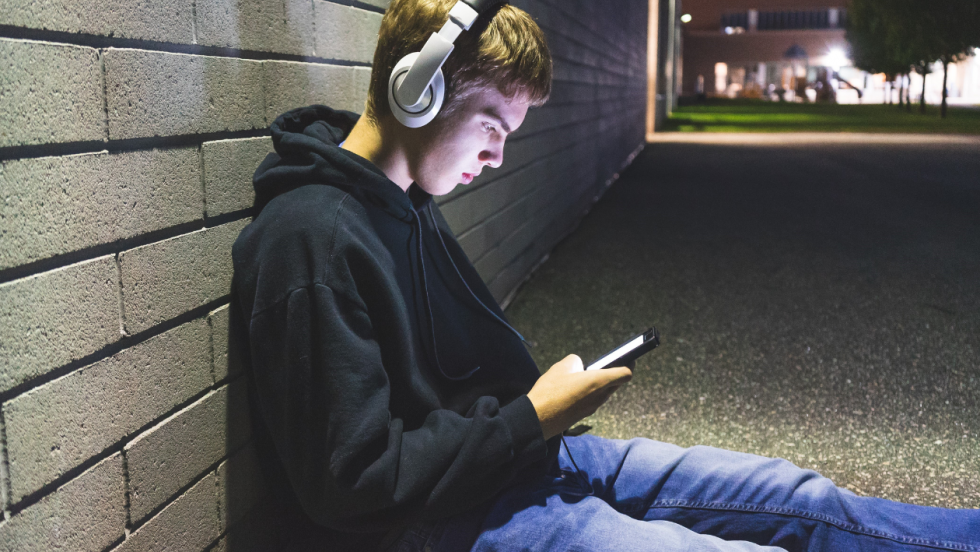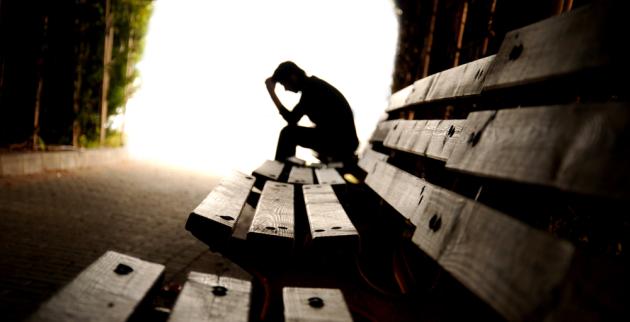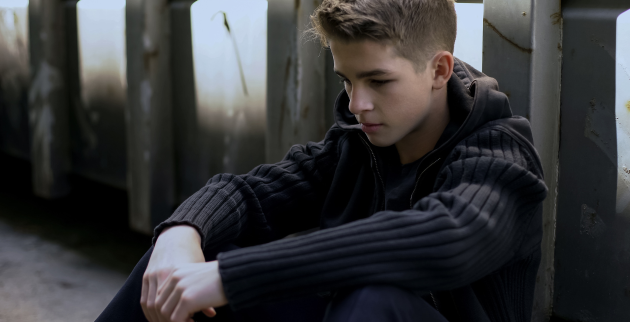Child Sexual Exploitation

Child sexual exploitation (CSE) is when an adult engages a child (anyone under 18) or a vulnerable young adult in sexual activity, including online.
Crucial: Child sexual exploitation is a crime. If you are being abused or are worried about someone else you can call the MASH (Multi-Agency Safeguarding Hub) or contact the police.
What is Child Sexual Exploitation?
Child sexual exploitation is a form of child sexual abuse. It happens where an individual or group coerce, manipulate or deceive a child or young person under the age of 18 into sexual activity in exchange for something the child needs or wants, and/or for the financial advantage or increased status of the perpetrator or facilitator.
Crucial: There is help available, if things are going wrong but you are not sure whose fault it is, or if you are worried about your own behaviour. Organisations like Shore can help alongside local services like your School Health Nurse.
Spotting the signs
All situations are individual and different. What matters is how you feel and whether harm is occurring.
But there are some potential warning signs:
- Adults show the child a lot of interest and affection, make promises and tell them how important they are, how much they love them, and are kind. This can be in person or online.
- Adults may invite the child to other locations and ask them to keep locations secret.
- Adults may offer the child gifts, money, or things like drugs and alcohol, or gaming credits.
Once a relationship is established, they may also do other things like threatening to hurt themselves or other people, or lying to you, for example by saying to you that nobody cares and the abuse cannot be stopped.
Crucial: In reality the child is being abused and all professional adults, including teachers, police, sports coaches, and social workers must by law act to stop that abuse.
Am I being groomed?
Making a new friend is an exciting time. There is lots to find out about each other. But sometimes people pretend to be friends in order to hurt, abuse, bully or exploit other people.
This can happen with older people or with people your own age. This can happen in your neighbourhood, family, or online.
Everyone has the right to feel safe in relationships. If a friendship is making you feel unsafe, then you can say no to further contact. This is not rude or unfair to the other person. This is taking care of yourself.
Experience: My name is Luzia* (name changed to protect the identity) and when I was 13 I was groomed and abused. If something bad is happening to you speak out, shout loud, trust a safe adult and tell. Don't be alone - there are good people out there who will help you.
Spotting risk online
We know a lot about online risk. But there might be some situations, for example when you are talking to someone you know already, where risk might be harder to spot.
Some signs that a conversation may be becoming risky:
- They want you to message them from inappropriate places, like the bathroom or bedroom
- Lots of messages when you should be doing other things, like sleeping or school work
- Asking to keep conversations secret or to lie, or not trust your family or friends
Sometimes the people we are talking to are trying to get help. For these people, suggesting a suitable helpline and ending the conversation is enough.
Instant Expert: Find out more about online grooming from Childline, including how to report concerns, where grooming happens and what you can do to stop it.


